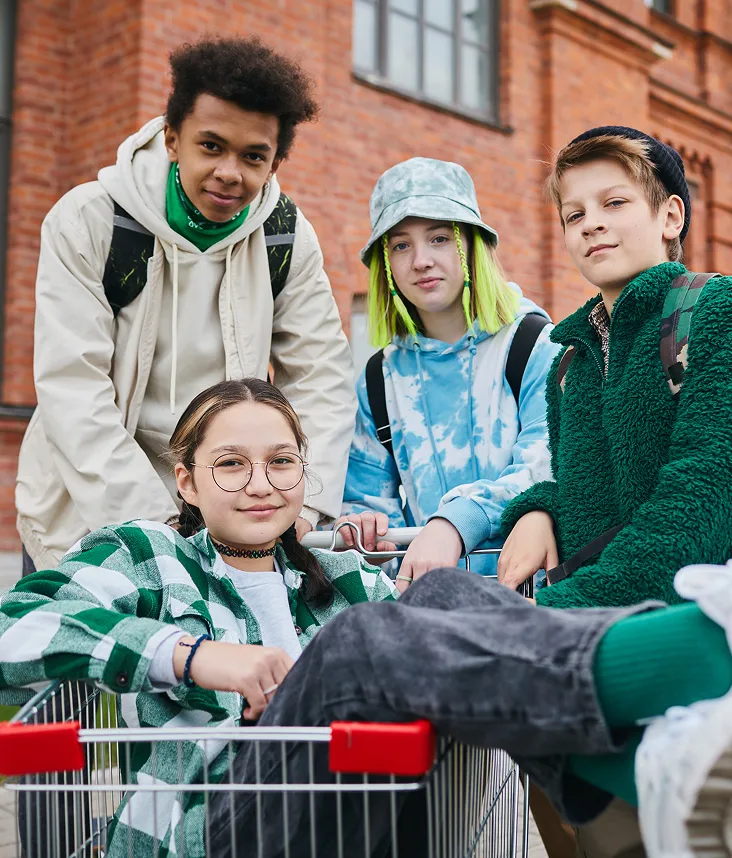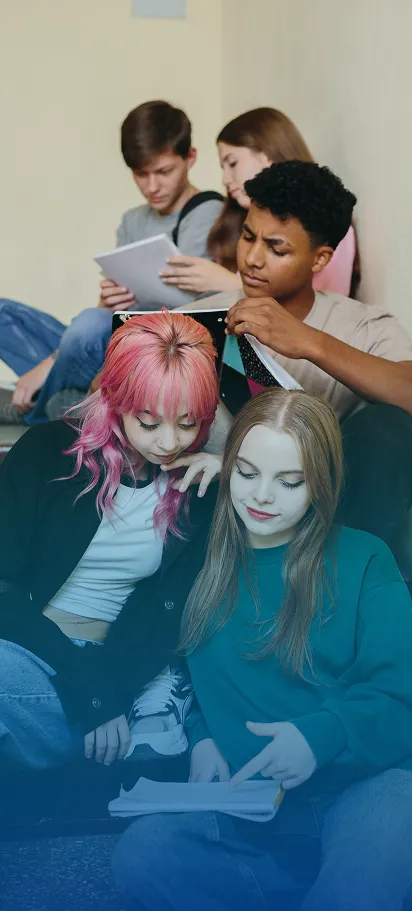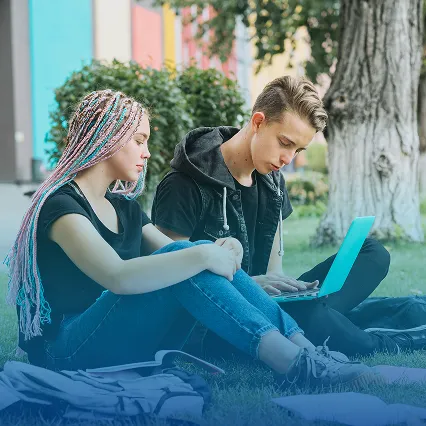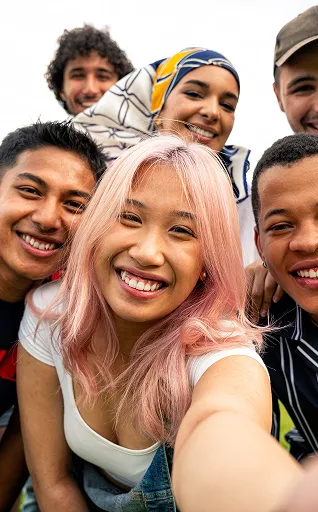
MDMA, commonly known as ecstasy, increases the release of serotonin, dopamine, and norepinephrine in the brain, creating intense feelings of euphoria, empathy, and heightened sensory perception. Long-term use can disrupt serotonin pathways, leading to memory and concentration problems, depression, anxiety, and impaired decision-making.
Besides health risks, it also carries social consequences, such as strained relationships and academic or occupational difficulties. Awareness and early intervention are essential to prevent addiction and long-term damage.
Long-Term Risks
Ecstasy (MDMA) use among teens, while less common than some substances, remains a concern. Approximately 1.3% of teens aged 12 to 17 report using ecstasy, with rates slightly higher among older teens.
Teens often use ecstasy seeking euphoria, enhanced sensory experiences, and social connection, especially at parties or music festivals. Risk factors include peer pressure, exposure to drug-using environments, underlying mental health issues, and histories of trauma or unstable family situations.
At Lotus Behavioral Health, we understand how unresolved mental health challenges, trauma, and peer pressure can increase the risk of teenage drug abuse. Teens have access to evidence-based therapies, medication support, and recovery activities to foster long-term healing and help them make safer choices in social settings where drugs like MDMA are present.
.webp)


Our safe and structured 5 to 12-week residential program offers 24/7 care, a blend of evidence-based therapies, and medication management to treat MDMA abuse and co-occurring mental health disorders.
Explore Program

This intensive 7-day program builds on the skills learned in residential settings. Our PHP is designed to meet the unique needs of your family, helping your teen smoothly transition out of inpatient care into a lower level of care.
Explore Program

Our IOP provides a less-intense treatment approach, meeting 3 to 4 days a week, allowing teens to live at home while still receiving intense treatment. IOP enables teens to continue attending school, participate in extracurriculars, and spend time with friends and family.
Explore Program

Virtual and in-person outpatient services allow teens and their families to participate in treatment while remaining at home and continuing their day-to-day activities.
Explore Program
Effective teen recovery involves the whole family. Our treatment programs at Lotus Behavioral Health prioritize family involvement to rebuild trust, improve communication, and strengthen support systems. By equipping families with the skills to navigate conflict and foster connection, teens have a higher chance of sustained recovery and emotional healing.
Teens receive intensive, evidence-based therapies such as Cognitive Behavioral Therapy (CBT), Dialectical Behavior Therapy (DBT), Motivational Interviewing (MI), and medication-assisted treatment when appropriate. These therapies empower teens to change harmful thinking patterns, develop healthy coping skills, and set meaningful recovery goals, supported by licensed clinicians specializing in adolescent care.
At Lotus, we integrate holistic wellness practices and creative arts therapies into our evidence-based treatment plans to support physical, psychological, and emotional healing. These therapies promote emotional expression, stress relief, and personal growth through art, music, mindfulness, and movement.
En Lotus Behavioral Health ofrecemos tratamiento para adolescentes con personal bilingüe en todos los departamentos. Brindamos un entorno de apoyo donde los padres hispanohablantes pueden comunicarse en español, mientras sus hijos participan en programas de rehabilitación en inglés diseñados para su recuperación y desarrollo.


Lotus Behavioral Health holds both treatment and academics equally important. We understand that many teens who enter treatment may fall behind in school, creating extra challenges when they transition back to their daily lives. Teens in our program can receive academic support to help ensure they don’t fall behind and get up to speed on any material they missed during their time in treatment.
We are committed to providing an affirming and inclusive space where LGBTQ+ teens feel respected and free to be themselves. Our culturally responsive clinicians are trained to address the unique challenges faced by LGBTQ+ youth, delivering care that celebrates diversity and fosters self-acceptance. We champion safety, understanding, and empowerment for all identities within our community.
.webp)
Ecstasy, also known as MDMA or Molly, is a synthetic drug that acts as both a stimulant and a hallucinogen. Teens typically take it in pill or powder form at clubs, parties, or concerts to experience euphoria, increased energy, empathy, and sensory enhancement. Effects last 2-6 hours but come with serious risks.
Physical signs include intense sweating, chills, rapid heartbeat, muscle cramps, dry mouth, dilated pupils, and teeth grinding. Behaviorally, teens may show increased energy, heightened sensory responses, confusion, paranoia, risky behavior, changes in social circles, and a decline in school attendance.
MDMA can cause dehydration, overheating, seizures, and organ damage. Long-term abuse risks include memory problems, depression, anxiety, nerve damage, and even death. Teens are particularly vulnerable because their developing brains are at greater risk for addiction and cognitive impairments.
Whether your teen struggles with substance use or mental health challenges, Lotus offers a foundation of care, support, and hope for your family. Contact admissions today.
